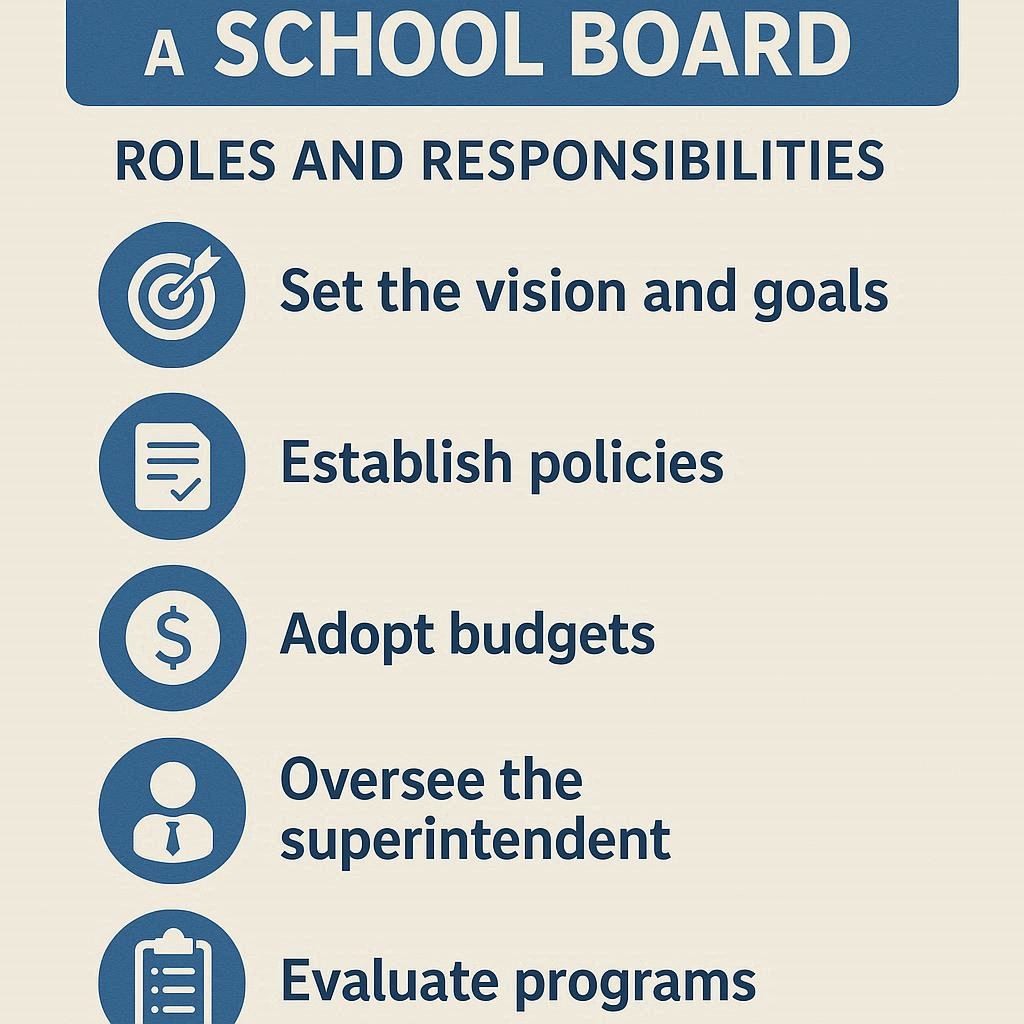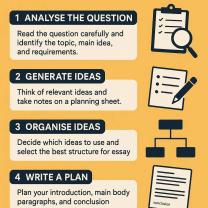What is the function of a school board?
What Is the Function of a School Board? Roles and Responsibilities
When it comes to public education, school boards play an essential role in shaping the learning experience of students. They serve as the bridge between the community and the school system, ensuring that schools meet local needs while adhering to state and federal education requirements. But what exactly does a school board do? Let’s break down its functions, roles, and responsibilities.
1. Setting the Vision and Mission
One of the primary functions of a school board is to establish the vision and mission for the school district. This means defining the overall goals for student learning, outlining educational priorities, and setting the long-term direction for schools to follow.
2. Creating and Approving Policies
School boards adopt policies that govern how schools operate. These policies provide guidance on curriculum standards, student discipline, school safety, technology use, and more. Policies ensure consistency across schools in the district and help administrators carry out daily operations effectively.
3. Hiring and Evaluating the Superintendent
Perhaps the most critical responsibility of a school board is hiring the superintendent—the chief executive officer of the district. The board works closely with the superintendent, evaluates their performance, and holds them accountable for student achievement, financial management, and overall district success.
4. Overseeing the Budget and Resources
School boards are responsible for approving the district’s budget and ensuring taxpayer money is spent wisely. They decide how resources are allocated across schools, from teacher salaries to building maintenance, ensuring financial decisions support student learning.
5. Representing the Community
School boards act as the voice of the community within the education system. Members listen to concerns from parents, students, and community stakeholders, then reflect those perspectives in their decisions. This ensures schools align with community values and expectations.
6. Ensuring Accountability
Boards monitor student performance, graduation rates, and other key outcomes. They ensure that schools are meeting state and federal requirements while also setting high expectations for academic achievement. Accountability helps drive continuous improvement in the district.
7. Advocating for Public Education
School board members also serve as advocates for public education at the local, state, and national levels. They may work with legislators, partner with community organizations, and promote initiatives that support student success and equity.
Conclusion
The function of a school board goes far beyond attending monthly meetings. School boards shape the future of education by setting policies, managing budgets, hiring leaders, and representing the voices of the community. Ultimately, their work ensures that every child has access to quality education and the opportunity to succeed.
The Essential Role of School Boards in Local Education
School boards are often unsung heroes in the landscape of public education, serving as the link between the community and its schools. Comprising elected or appointed community members, these boards hold a critical responsibility: to ensure that local schools provide a high-quality education for all students. Let's delve into their multifaceted roles and the profound impact they have on our children's future.
Role and Functions of a School Board
At its core, a school board is a governing body that oversees the operation of a public school district. Its primary function is to represent the community's educational values and to translate those values into effective policies and strategic goals. Board members act as stewards of the public trust, advocating for students, setting the overall vision, and ensuring accountability within the district. They are not involved in the day-to-day administration of schools, but rather focus on broader governance.
Responsibilities in Education Policy
One of the most significant responsibilities of a school board lies in shaping education policy. This includes:
Curriculum Development: Approving and reviewing the academic programs and standards used in schools.
Student Conduct: Establishing policies regarding student behavior, discipline, and rights.
Personnel Decisions: Hiring and evaluating the superintendent, who then manages the district's staff.
Resource Allocation: Making decisions on how funding will be distributed across various schools and programs.
Facility Management: Overseeing school buildings, infrastructure, and future construction projects.
These policies lay the groundwork for how education is delivered and experienced within the district.
How School Boards Affect Local Schools
The decisions made by a school board have a direct and tangible impact on every school in the district. For instance, a board might:
Approve new educational programs (e.g., STEM initiatives, arts programs) or modify existing ones.
Determine school boundaries, affecting which neighborhoods attend which schools.
Make decisions about school closures or new school construction.
Set graduation requirements and grading policies.
Influence the learning environment through policies on technology use, class sizes, and safety protocols.
Essentially, every aspect of a student's educational journey, from the bus ride to the classroom, can be touched by a school board's influence.
Decision-Making and Budget Oversight
School boards are fundamentally responsible for the financial health and strategic direction of the district. This involves:
Developing and approving the annual budget, often the largest line item in a local government's spending.
Setting local tax rates (in districts with taxing authority) to fund schools.
Monitoring expenditures to ensure fiscal responsibility and compliance.
Engaging in long-range planning to anticipate future needs and challenges.
Their decisions directly impact how much money is available for teachers' salaries, classroom resources, technology, and facility maintenance.
Interaction with Teachers, Parents, and Community
Effective school boards understand that they cannot operate in isolation. They are expected to:
Listen to teachers and staff regarding classroom needs and professional development.
Engage with parents through public meetings, parent-teacher associations, and direct communication channels.
Involve the broader community in discussions about educational priorities and challenges.
Respond to concerns and feedback from all stakeholders to ensure transparency and accountability.
This interaction is vital for building trust and ensuring that policies truly serve the best interests of the community's children.
In conclusion, school boards are the bedrock of local public education. Through their governance, policy-making, budget oversight, and community engagement, they shape the present and future of our schools and, by extension, our society. Understanding their role is the first step toward active and informed community participation in our education system.












